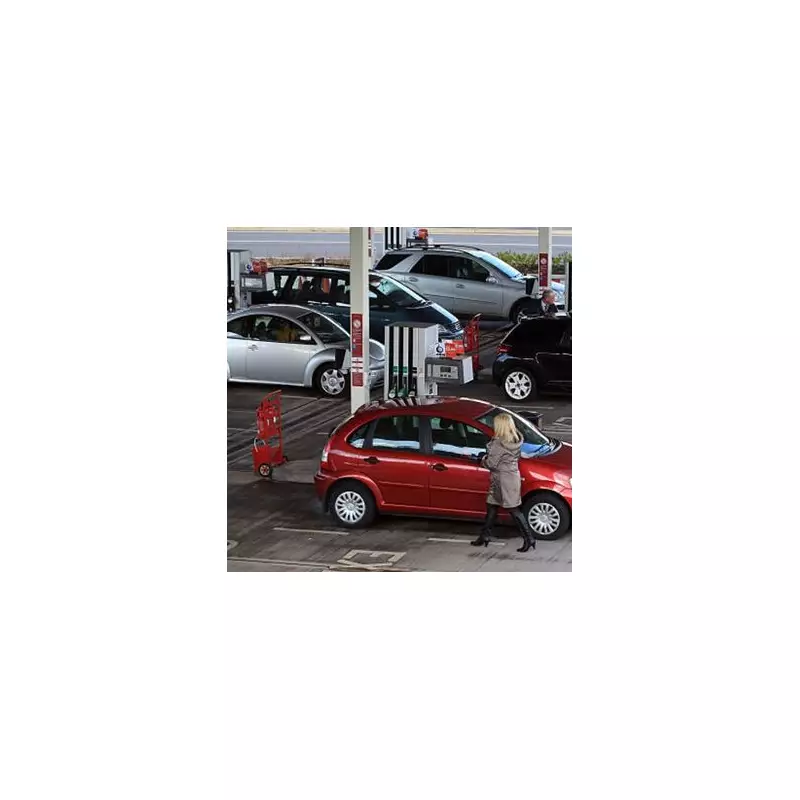
British drivers are facing a significant financial blow as sweeping changes to Vehicle Excise Duty (VED) come into effect, potentially adding hundreds of pounds to annual motoring costs for millions of vehicle owners.
The £230 Annual Charge That's Coming for Your Wallet
Starting from 2025, drivers of electric, hybrid, and traditionally fuelled vehicles will find themselves navigating a completely reformed car tax landscape. The most striking change sees the standard annual rate for most cars rising to £180, with an additional £50 first-year fee pushing the total to £230 for many motorists.
Why Electric Vehicles Are Losing Their Tax Advantage
Perhaps the most dramatic shift affects electric vehicle owners who have previously enjoyed complete exemption from VED payments. Under the new rules:
- All new zero-emission cars registered from April 2025 will pay the lowest first-year rate of £10
- From the second year onward, these vehicles will move to the standard annual rate
- Owners of expensive electric cars will face the same premium car supplement as other vehicles
The Expensive Car Supplement Trap
Luxury vehicle owners face an additional financial hit through the Expensive Car Supplement. This extra charge applies to cars with a list price exceeding £40,000 and will now include electric models for the first time.
"The exemption for electric vehicles was always intended to be temporary," explained a Treasury spokesperson. "As we move toward our 2035 zero-emission vehicle targets, it's only fair that all road users contribute equally to maintaining our transport infrastructure."
What These Changes Mean for Different Drivers
The reforms create distinct financial impacts across various vehicle types:
- Electric Vehicle Owners: Moving from zero tax to potentially £180-£230 annually, plus possible luxury supplements
- Hybrid Drivers: Facing similar increases while losing previous efficiency incentives
- Traditional Car Owners: Seeing established tax rates rise significantly
- Luxury Vehicle Owners: Paying premium rates regardless of powertrain type
Planning Ahead for Increased Motoring Costs
With these changes set to take effect in the coming years, financial advisors recommend that drivers begin budgeting for higher annual transport costs. The combination of rising VED rates, increasing fuel prices, and higher insurance premiums means the true cost of motoring is set to climb substantially.
As one industry analyst noted: "These tax changes represent a fundamental shift in how we fund road maintenance. Drivers who've enjoyed tax benefits for choosing eco-friendly vehicles need to prepare for a new financial reality where all road users pay their fair share."





